Using Spices to Enrich a Restricted Diet
Health issues like diabetes, celiac disease, lupus, and others often necessitate a limited diet for successful treatment and management. Aside from the ongoing stress of managing such conditions, the monotony of an unfamiliar and seemingly unyielding food regimen can be disheartening. Find out how you can enrich a restricted diet using spices.
Since food choices are limited, herbs and spices offer the opportunity to expand your flavor profiles significantly and create a diverse menu despite limited food choices. Not only that, many of these seasonings deliver significant health benefits along with their distinctive aromas and flavors.
Understanding which spices work best in your diet while providing inherent health benefits that address your specific issues can banish the monotony and relieve just a little bit of stress.
Some of the spices we mention here will be familiar and already in your spice cabinet. Others may not be as familiar, but you may find that some will become your new favorites.
Whether you are managing a chronic condition like diabetes or addressing a short-term health issue, the various benefits spices can provide will help you through the process.
Chai tea, gram Marsala, and many desserts use cardamom for its rich and distinct flavor. A little goes a long way in recipes and offers many significant benefits.
Cardamom’s volatile oils are anti-inflammatory, antimicrobial, analgesic, and antispasmodic. Research indicates that its use can improve headaches, cardiovascular disease, dyspepsia, and gut issues.
Famous in desserts for its distinctive flavor and sweetness, cinnamon also plays well with savory dishes. It is also antimicrobial, antioxidant, anti-inflammatory, and anti-carcinogenic.
Amazingly, cinnamon may aid blood sugar control by mitigating the breakdown of carbohydrates and improving insulin sensitivity. Studies indicate it may also lower blood sugar levels.
You will find cumin in Indian, Middle Eastern, Mexican, and almost any popular cuisine. This earthy and aromatic spice is also an antioxidant. Research indicates its potential for controlling blood sugar. If you don’t already have this one in your spice cabinet, you are missing out on something special.
Fenugreek is popular in Asian cuisine and aids in improving digestion, lowering cholesterol levels, regulating insulin levels, and other significant health benefits. Fenugreek was commonly used in Ayurveda, one of the world’s oldest medical systems. This nutrient-packed seed is one worth exploring.
Since ancient times, garlic’s medicinal properties have helped to heal and protect people from all manner of illnesses and conditions. The health benefits of garlic and its culinary uses are far too many for us to cover here.
You likely already have garlic in several forms in your kitchen.
Here is more information about the significant health benefits of garlic.
Conclusion
Many more herbs and spices pack significant nutritional and health benefits along with their distinctive contributions to the senses. Unfortunately, we don’t have time or space to discuss them all. But, here are some more prominent contenders that you should take the time to explore more thoroughly.
- Allspice
- Black Pepper
- Fennel Seed
- Ginger
- Oregano
- Peppermint
- Turmeric
- Cocoa
- Saffron

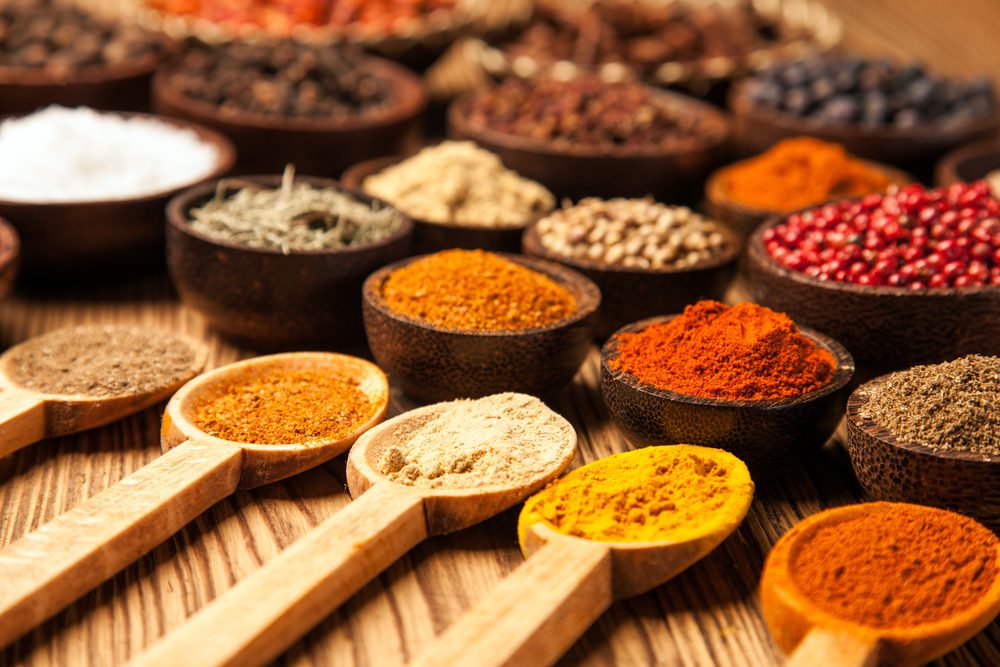


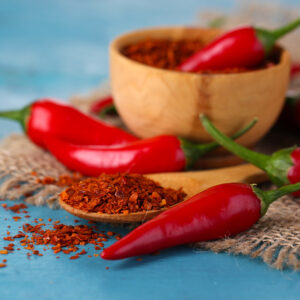
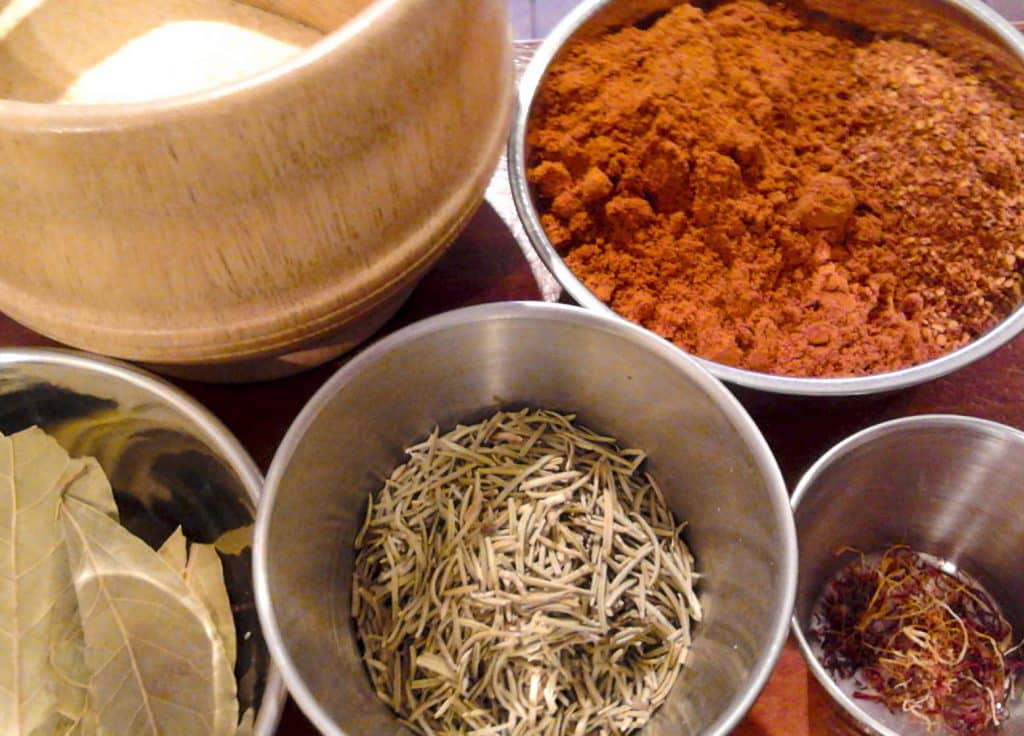
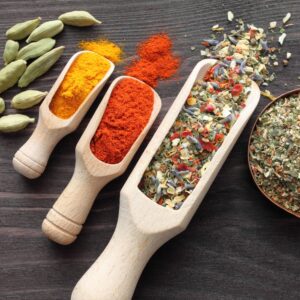

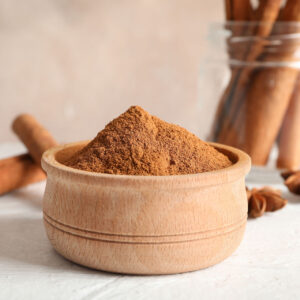

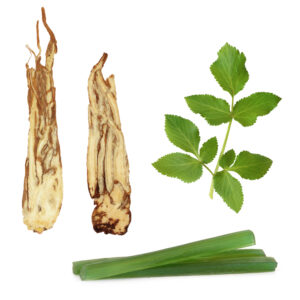
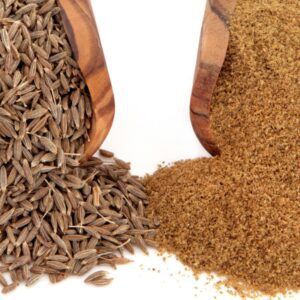







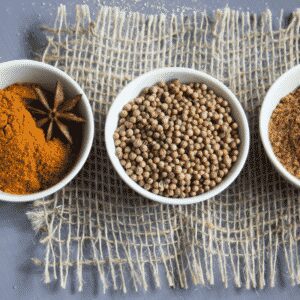
1 Comment.
More more more suggestions like this please. I am on a very low sodium diet. I love spicy foods. Please more like this.